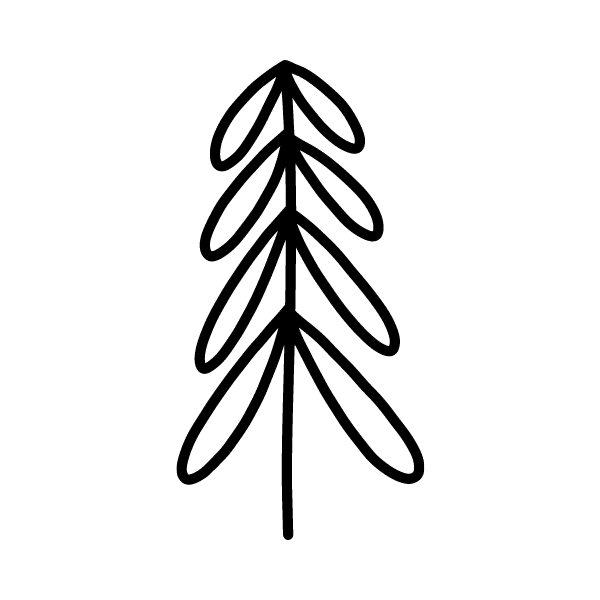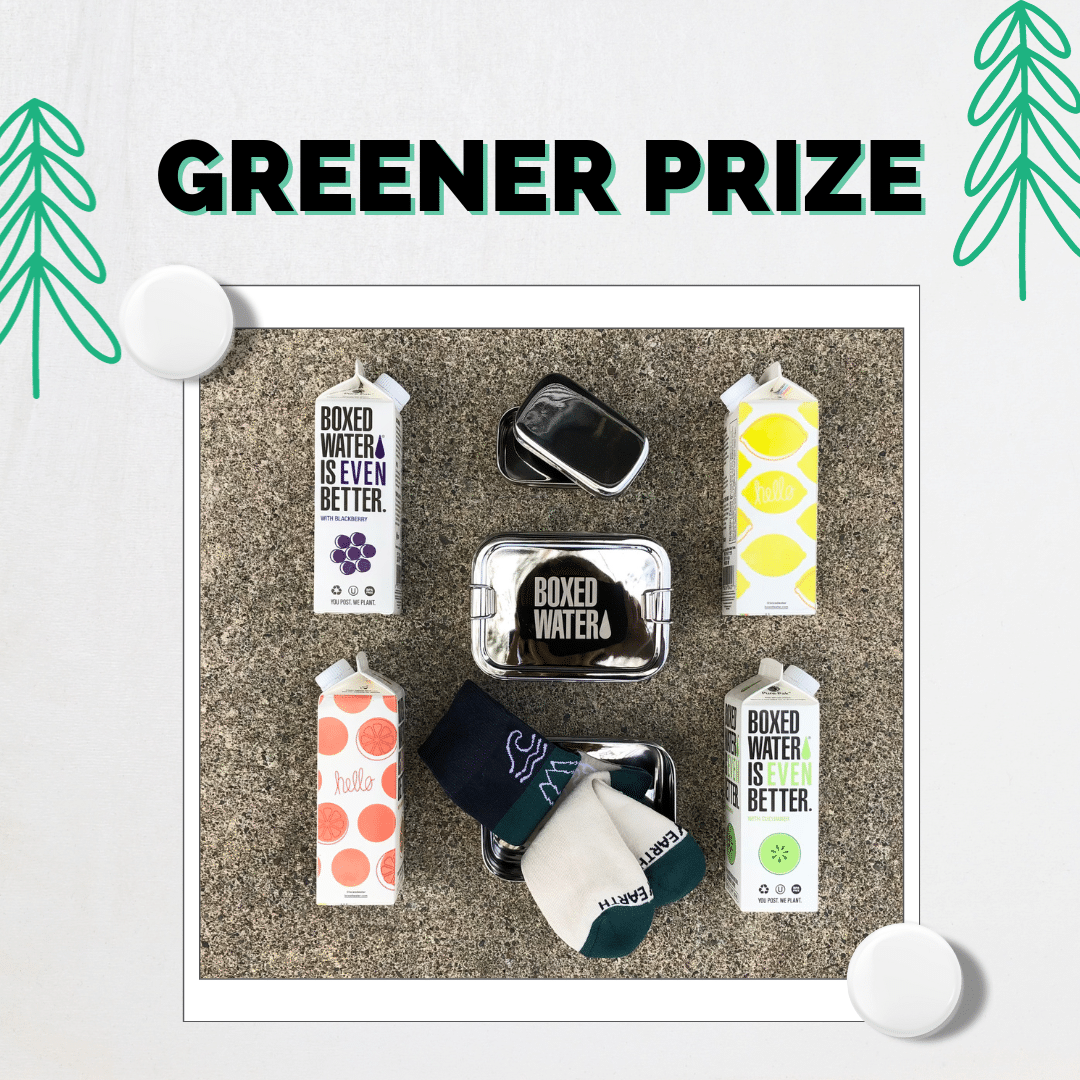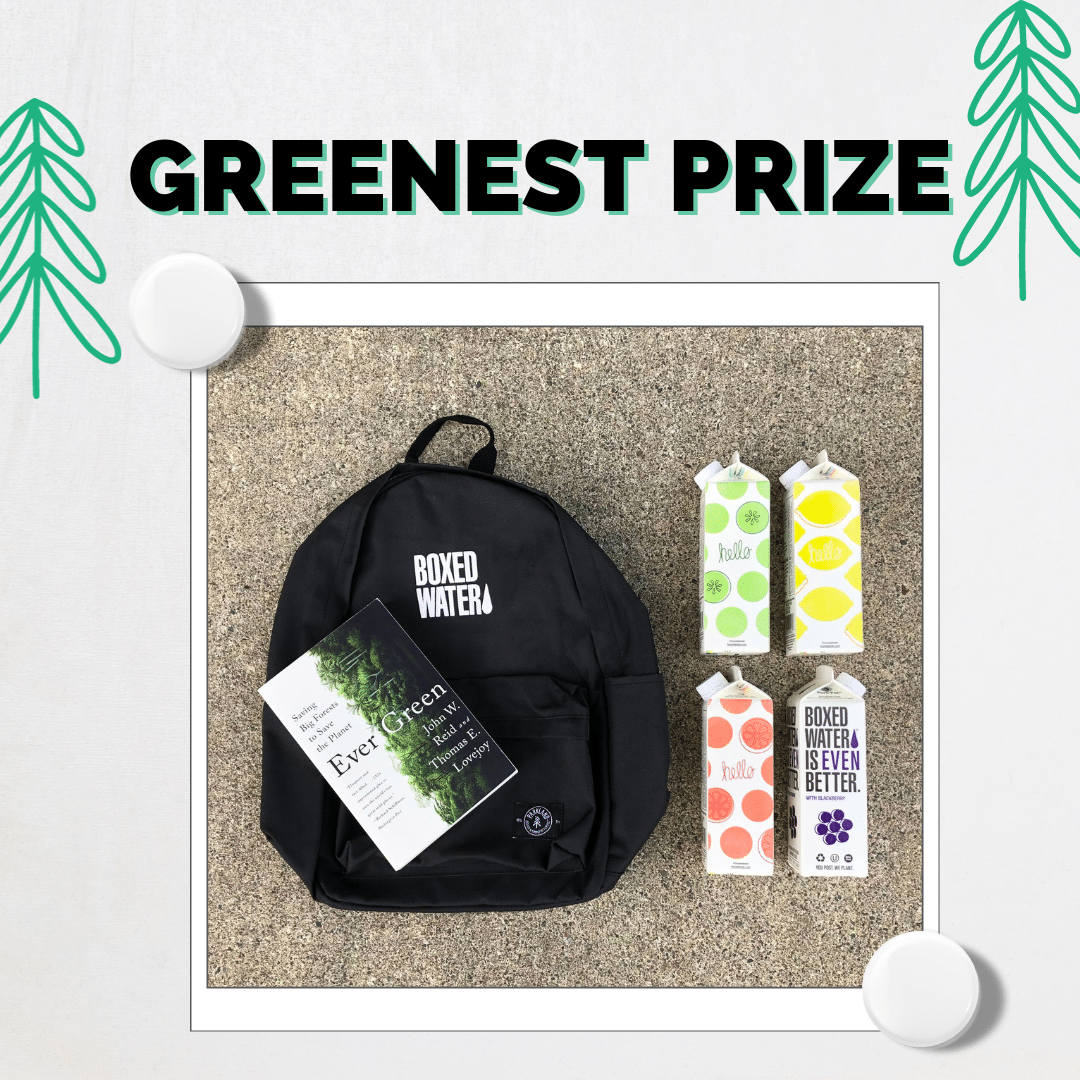
What do forests offer us and what can we do for them?
Forests are not merely a collection of trees or source of lumber, but rather an ecosystem teeming with life — from microscopic bacteria to ancient skyscraping trees. Forests are crucial for many reasons, as they are often hotspots for biodiversity and sources for medicine, hosting thousands of undiscovered species and providing medicinal herbs and minerals, those we know and have yet to discover. For example, Quinine from a Cinchona tree is used to treat Malaria, as it has long been by the Quechua peoples in Peru and Bolivia. Some of the properties of medicinal herbs sourced from forests are used to treat cancer, for anesthesia, to address anxiety, for relaxation. and more, though hard work needs to be done to ensure sustainable harvesting and the prevention of deforestation.
The importance of forests does not stop there. Forests act like the lungs of our planet by storing large amounts of carbon in both their soil and biomass (plants, fungi, animals) while releasing oxygen into the atmosphere; just like lungs inhale oxygen and exhale carbon dioxide, only in reverse. By storing more carbon than they produce, rainforests like the Amazon and the Congo act as carbon sinks. Terrestrial (land-based) carbon sinks remove about 30% of human carbon emissions from the atmosphere each year. Among other benefits, forests are also important for the movement of nitrogen, soil conservation, cleaning water, the livelihoods of over a billion people, and the prevention of large-scale natural disasters like mudslides, floods, and extreme wildfires.
However, all these ecosystem services – or the array of benefits an ecosystem provides – are threatened by global deforestation. Forests that were once carbon sinks are now carbon sources, the mismanagement of forests has resulted in deadly fires, and biodiversity loss has resulted in the loss of livelihoods and invaluable sources of medicines.

We need solutions, and, we know what to do, and have known for quite a long time. Indigenous Peoples, who make up 476 million of the global population, own or manage a quarter of the world’s land and 80 percent of the world’s biodiversity. In fact, 45% of intact forests in the Amazon Basin are located in Indigenous territories. As a result, scientists and governments are beginning to look towards Indigenous knowledge, often called traditional ecological knowledge (TEK), for effective forest management.
“Forests are the flags of nature. They appeal to all and awaken inspiring universal feelings. Enter the forest and the boundaries of nations are forgotten. It may be that some time an immortal pine will be the flag of a united peaceful world.”
– Enos Abijah Mills, author and naturalist
For example, across the globe, prescribed burns (intentional wildfires) are being used to prevent large and destructive wildfires by clearing the forest floor of dead vegetation, which acts as fuel for fires. This strategy, which has only been embraced by government firefighting organizations in the last decade, wasn’t pioneered by any government. Indigenous People like the Hupa and the Chumash in North America and many Aboriginal groups in Northern Australia have been doing this for thousands of years.
Misuse and deforestation have arisen largely because of a false sense of incompatibility between ecology and economics. Strictly valuing ecology isolates local peoples from their homes and destroys livelihoods. Conversely, solely thinking about the economic value of forests would turn ecosystems and the communities sustained by them into mere statistics; a singular economic focus is part of the reason we face mass deforestation today. A solution to this problem is to acknowledge a middle ground: the marriage of ecology and economy. In nature, organisms and ecosystems are able to grow only to a certain point to maintain ecological balance. This same reasoning can be used for economics, and the push to keep economies at a sustainable scale that respects the planet and its people. To understand this balance, read this article from a Professor of Ecological Economics at University of Vermont.
However, Indigenous peoples and their concerns about the forest are largely ignored because of historical bias, lack of political representation and monetary constraints. We have the power to change this. Use your voice to push for local and government support for Indigenous peoples and land conservation efforts that combine science and TEK. If we don’t rise as vocal leaders who stand up for Indigenous peoples, our forests will remain in increasing peril from climate change and deforestation.
What can we do to help forests now? Support local Indigenous communities in any way you can, whether volunteering time, using your vote, or donating money, as their voices are often left unheard due to historical discrimination. Be open to ideas from all people, centering the wisdom of marginalized Indigenous voices. Support local and global efforts to stop deforestation and promote the health of forests and local peoples alike. Forests can be regenerated, but this can take hundreds of years, which is why protecting what remains is extremely important. Our partner, Pachamama Alliance, is working in partnership with the Indigenous people of the Sacred Headwaters region of the Amazon rainforest in Equador to defend their land and culture on their terms.
Politics has an outsized impact on the protection of forests. Most recently, elected leaders in South America have started to do their part to protect the Amazon rainforest and the Indigenous groups that rely on it. Colombia’s recently-elected president, Gustavo Petro, has pledged to actively regulate agriculture in the Amazon while allowing Indigenous groups to continue harvesting, managing, and selling forest resources. This is a major step for Colombia, which for many years has prioritized profits from the destruction of the Amazon rainforest over the sovereignty and well-being of its Indigenous populations. Lula de Silva, Brazil’s current president, is also doing his part to stem deforestation. In July of this year, thanks in large part to Lula’s administration, deforestation decreased by 66% compared to July of 2022.
We can also support organizations and companies that are deeply committed to land stewardship, sustainable consumption, and a circular economy that minimizes waste and makes the most of natural resources. Our partner Boxed Water is on a mission to create greener spaces by planting over one million trees with their partners The National Forest Service and One Tree Planted. Thanks to these reforestation efforts, we enjoy purified air, clean drinking water, and wildlife species that keep our planet in balance.
Over 2 billion people rely on forests for their livelihoods, food, shelter, and more. Humans attain immense and multifaceted benefits from forest areas, however, these ecosystem services are not limited to what is bought and sold.
Take some time to research what valuable ecosystem services forests provide. Research at least five benefits. Challenge yourself to look at a few that you had not considered before today. Here’s an article from WWF that describes a few benefits that humans gain from forests.
Create an attention-grabbing visual to teach people about one of the vast benefits of forests. Post in on Instagram with an informative caption. Remember to tag @TurningGreenOrg and @BoxedWater, as well as #PGC2023!
Upload your results and responses in a PDF document including a screenshot of your social post. Include your name (or team name), username, and school on your upload.
Submission Guidelines
Indigenous communities have been caring for land for thousands of years, developing shared knowledge on how best to tend it. Modern governments, leading organizations and western scientists are only just beginning to formally recognize the importance of Traditional Ecological Knowledge (TEK) and center it in strategies to care for forests.
Look into forest management and restoration methods, and examples of each. Pick one innovative technique involving TEK and research the forest management that came before it. Compare the two management techniques and create an infographic that explains how traditional knowledge made that specific management technique more effective.
Next, write a caption for your infographic answering the following:
Post your infographic on Instagram with a brief caption from your above answer. Tag @TurningGreenOrg, any other relevant accounts you discovered, and #PGC2023.
Upload your responses in a PDF document including a screenshot of your social post. Include your name (or team name), username, and school on your upload to be eligible to win.
Submission Guidelines
Indigenous Peoples who live in and around forests have a very different relationship to these sacred spaces than other people. For many Indigenous communities, land is not owned, but rather borrowed from the Earth, which will one day reclaim the land. We’ve looked into the specific land management practices that Indigenous communities have honed over thousands of years of stewardship, but there is so much more that Indigenous Peoples can teach us about the forest.
Research an Indigenous community with cultural roots in the forests and answer the following questions:
Next, create an infographic that presents how this Indigenous group values the forests in which they live. Discuss examples of both the ecological relationships they have formed with the forests, including the services they have found in the forests (medicines, resources, etc.) as well as their cultural relationship, which includes the ways in which they value and celebrate the forests. In your caption, identify the specific ways in which your own culture and society can benefit from the lessons and beliefs of the Indigenous community that you looked at.
Tag any accounts associated with the Indigenous Peoples you looked into, as well as @TurningGreen and #PGC2023.
Upload your responses in a PDF document including a screenshot of your social post. Include your name (or team name), username, and school on your upload to be eligible to win.
Submission Guidelines
Up to 10 Greener and 10 Greenest outstanding submissions will be selected as winners.

